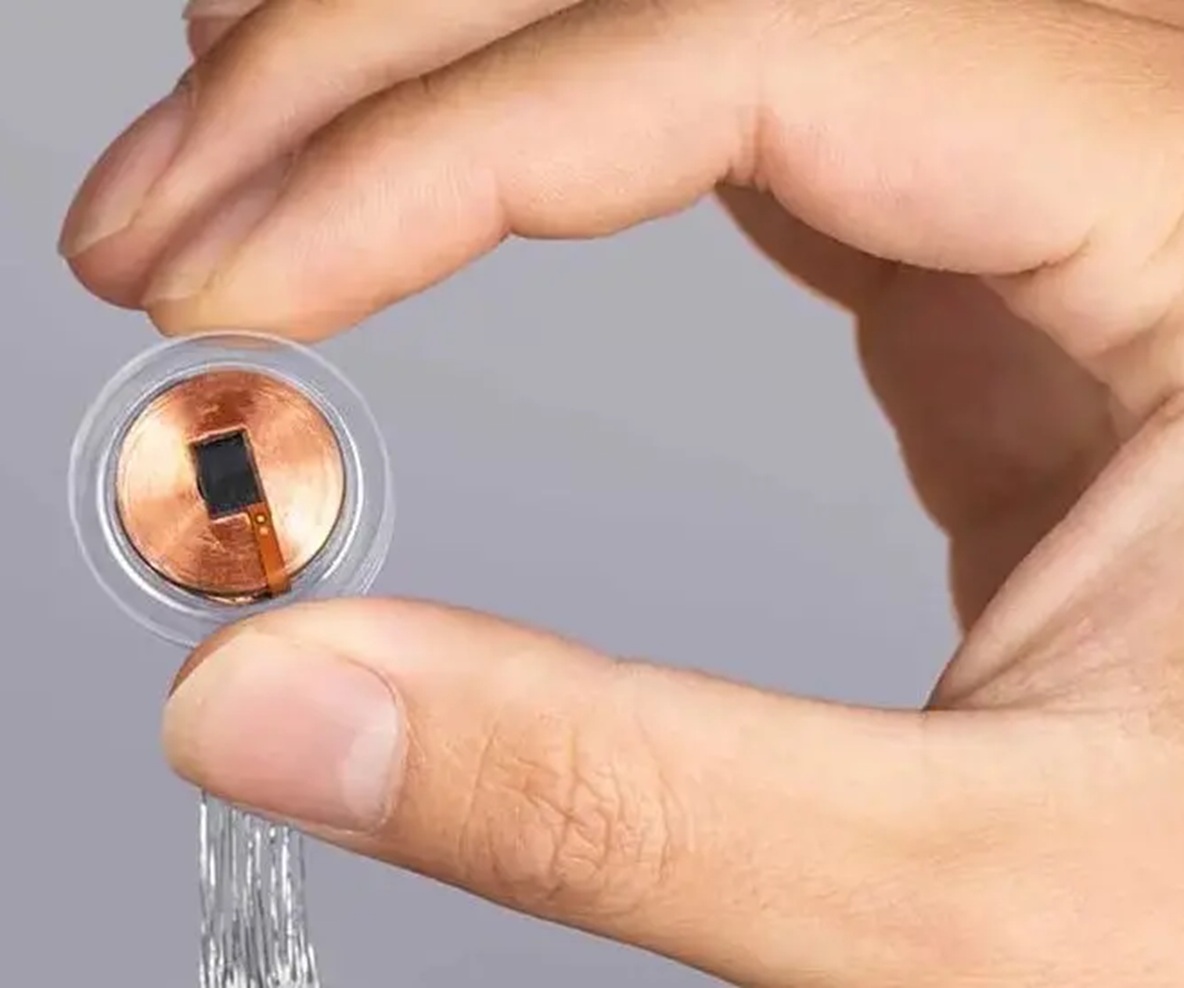Science
Neuralink Begins Human Trials for Brain Implant This October

Neuralink, the brain-computer interface company founded by Elon Musk, will initiate human clinical trials for its brain implant in the United States this October. This groundbreaking trial aims to test the device’s ability to convert thoughts into text, offering potential advancements for individuals with speech impairments.
The clinical trial represents a significant step forward for Neuralink as it seeks to develop technology that could transform communication for those who struggle with verbal expression. Participants in the trial will be monitored closely as they use the implant, which is designed to interpret neural signals and translate them into written language.
Trial Details and Expectations
The trial will take place at select medical facilities, although specific locations have not yet been disclosed. Participants will be recruited based on their eligibility, with a focus on individuals who have conditions that severely limit their ability to communicate verbally. The company aims to gather data on the effectiveness of the implant over several months.
Neuralink’s brain implant is designed to be minimally invasive, with small electrodes embedded in the brain that capture neural activity. The data collected will be analyzed to determine the accuracy and reliability of thought-to-text conversion. If successful, this technology could revolutionize the way individuals with speech impairments interact with the world.
Potential Impact on Communication
The implications of this technology extend beyond simple communication. For individuals affected by conditions such as amyotrophic lateral sclerosis (ALS) or severe stroke, the ability to convey thoughts through text could restore a sense of autonomy and connection with others. This has the potential to enhance quality of life significantly.
Neuralink’s approach is part of a growing field of research focused on brain-computer interfaces, which aims to bridge the gap between neural activity and digital communication. As these technologies advance, they open new avenues for assisting those with disabilities, and they may eventually lead to more widespread applications in human-computer interaction.
The announcement of the clinical trial has generated excitement within the scientific community, with many watching closely to see how the technology develops and the outcomes of the trials. As Elon Musk continues to push the boundaries of innovation, the success of Neuralink’s human trials could pave the way for future advancements in medical technology and communication aids.
In summary, Neuralink’s upcoming trials could represent a pivotal moment in the intersection of technology and human communication, bringing hope to countless individuals facing challenges in expressing themselves.
-

 Lifestyle4 months ago
Lifestyle4 months agoLibraries Challenge Rising E-Book Costs Amid Growing Demand
-

 Sports3 months ago
Sports3 months agoTyreek Hill Responds to Tua Tagovailoa’s Comments on Team Dynamics
-

 Sports3 months ago
Sports3 months agoLiverpool Secures Agreement to Sign Young Striker Will Wright
-

 Lifestyle3 months ago
Lifestyle3 months agoSave Your Split Tomatoes: Expert Tips for Gardeners
-

 Lifestyle3 months ago
Lifestyle3 months agoPrincess Beatrice’s Daughter Athena Joins Siblings at London Parade
-

 World3 months ago
World3 months agoWinter Storms Lash New South Wales with Snow, Flood Risks
-

 Science4 months ago
Science4 months agoTrump Administration Moves to Repeal Key Climate Regulation
-

 Science3 months ago
Science3 months agoSan Francisco Hosts Unique Contest to Identify “Performative Males”
-

 Business4 months ago
Business4 months agoSoFi Technologies Shares Slip 2% Following Insider Stock Sale
-

 Science4 months ago
Science4 months agoNew Tool Reveals Link Between Horse Coat Condition and Parasites
-

 Sports4 months ago
Sports4 months agoElon Musk Sculpture Travels From Utah to Yosemite National Park
-

 Science4 months ago
Science4 months agoNew Study Confirms Humans Transported Stonehenge Bluestones









